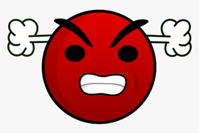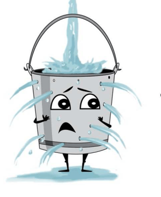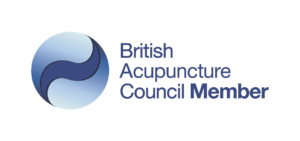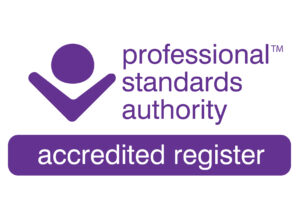Traditional acupuncture theories of health or illness are based on the concept of Qi (pronounced “chee”). There are several translations for the concept of Qi and the ones that resonate with my own perception are ‘life force’ and ‘vitality’.
The derivation of the word Qi is from Chinese language and philosophy. Similar to our own complex language of English, the context of a word will give you so many different meanings!

For example, in Chinese medicine the word “shengqi” can be anger, vitality, mood, sparkle, or to sulk.
The opposite end of the scale is being disheartened or discouraged, known as ‘xieqi’ and could be literally translated as ‘let out’ or ‘leak Qi’.

Using questions and observation, your acupuncturists will assess the state of your Qi. This assessment can be related to the ‘organs’ within the body and the pathways of energy.
We normally use the biomedical names such as Lungs, Kidney and Liver to label a specific pathway. (It is important to note, the lungs and kidneys etc are defined differently in Chinese medicine to the biomedical lungs and kidneys, although there is some overlap).
If a person feels tightness in the chest, they have a quiet voice and catch colds easily these are signs and symptoms that inform the acupuncturist about the Qi of the Lungs. Qi is flowing all around the body. We have 14 main large pathways (Meridians). Plus, we have the smaller pathways that cover the entire body like a net. Relating to a familiar image of this concept it is similar to the main arteries that divide to become the smaller capillaries that cover the whole body.
In the traditional theory, illness can be described in terms of deficiency of Qi, or excess of Qi, or blockage of Qi within the pathways and organ system. Acupuncture seeks to move the Qi within this system to tonify the deficiencies or reduce the excess and clear any blockages.
For more information on how acupuncture can help you, please call Kerry on 07715 458 064.


